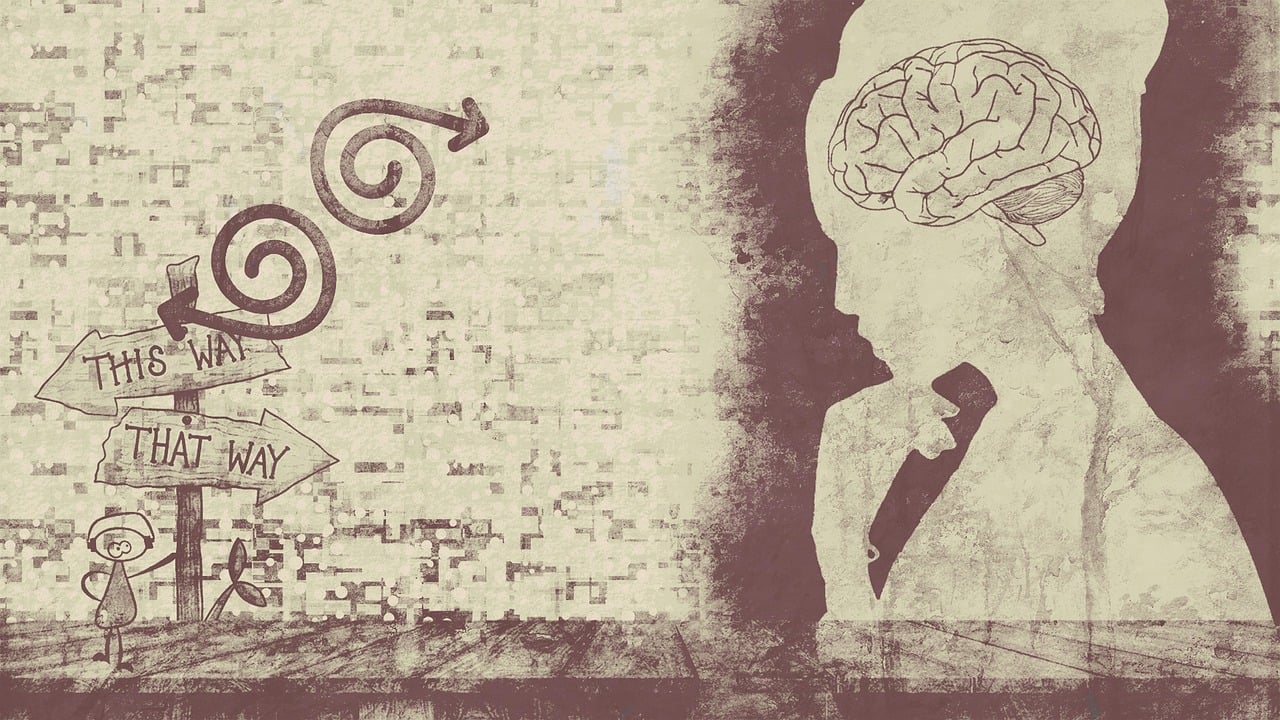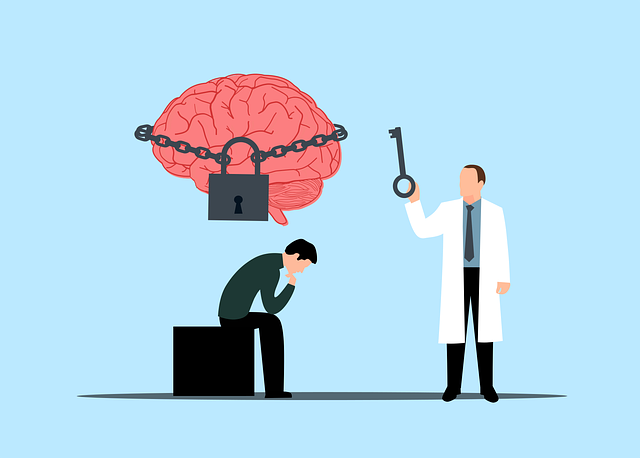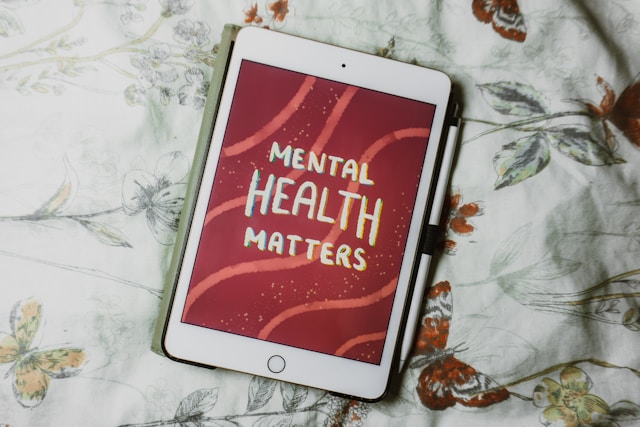
Mental health disorders refer to a broad category of conditions that affect a person’s mood, thinking, and behaviour. These conditions are commonly misunderstood because of their complexity and are a taboo topic amongst many households and cultures.
If left untreated, mental disorders can severely impact a person’s ability to function appropriately within society. Mental Illness can affect anyone regardless of age, sex, identity, or religious background.
Understanding a mental disorder is imperative, enabling us to recognise when someone may need help. Signs and symptoms of mental health disorders will vary from person to person, as each individual is predisposed to different environmental, psychological, social, and behavioural factors.
Understanding Mental Health Disorders
Mental health disorders affect a person’s ability to function within society; these are associated with their thought and behavioural patterns.
According to the World Health Organization (WHO), one in every eight people is affected by a mental illness of some kind worldwide. Not only do mental disorders affect the individual, but they also affect the families and communities around them.
Although the statistics may seem disheartening, it is essential to remember that mental health disorders are treatable. Seeking help is a sign of courage, and with the right approach and treatment program, individuals can live happy and fulfilling lives and usually function within society.
Am I Experiencing Temporary Or Chronic Mental Health Challenges?
Mental health disorders can be situational if you can link your symptoms (anxiety, hopelessness, fatigue, lack of motivation) to identifiable stressors or traumatic events (grief, severe accidents, witnessing natural disasters). These reactions are commonly known as “adjustment disorders.”
Adjustment disorders are defined by disproportionate reactions to stressful events involving strong emotions and would be deemed inappropriate. These reactions are long-lasting and can be overlooked and classed as a mental health disorder.
The difference between individuals who are experiencing adjustment disorders and those diagnosed with mental health disturbances would be that those who have adjustment disorders drastically see improvements in their lives as they adjust to life. In contrast, those with mental illness experience continual disturbances that impair their everyday functionality.

Causes And Risk Factors
Mental health issues can manifest through a multitude of different factors, hence why they are incredibly complex.
By understanding these neuroses and the factors that contribute to their origin, healthcare professionals can begin to identify potential risk factors and take appropriate preventative steps to manage their symptoms.
Biological Factors
An individual’s biological factors can play a massive role in the manifestation of a mental disorder.
These factors include:
- Brain Chemistry
- Genetics
- Hormonal Imbalances
There has been research conducted that proves that certain types of genes can increase an individual’s chance of developing anxiety, chronic depression, and bipolar. Imbalances in neurotransmitters such as dopamine, serotonin, and norepinephrine can also contribute to the development of mental health disorders.
Environmental Influences
Environmental factors such as abuse, trauma, grief, and neglect can all contribute to the development of mental Illness. Experiencing abuse and bullying as an adolescent can significantly increase an individual’s chances of developing a mental disorder in some form.
Exposure to harmful chemicals and toxins, such as pollution, mercury, and smoking, can also be a potential risk factor.
Psychological And Social Factors
Stress, social isolation, and low self-esteem are all examples of psychological and social factors that can lead to the development of mental illnesses. Traumatic events such as the death of a close relative or friend, loss of a job, or financial difficulties can trigger the onset of a mental health disorder.
What makes things more complex is that the symptoms associated with these illnesses (social withdrawal) can make them hard to treat; this can lead to a worsened mental condition.
Overall, the sooner the risks are identified and treated accordingly, the quicker the individual can be treated, and the chances of success at living a functional life are increased.

Diagnosis And Clinical Evaluation
Clinical evaluations are used to diagnose different mental health conditions. Individuals will be subjected to comprehensive tests to assess their physical, emotional, and mental well-being.
These tests consist of questionnaires, observations, and interviews conducted by mental health professionals such as psychologists, psychiatrists, social workers, and occupational therapists; once the assessment is completed, the diagnostic criteria will be applied to the individual, and an appropriate diagnosis will be given.
During the evaluation, the clinician gathers information about the individual’s medical history, current emotional and mental state, and social and environmental background. They also assess their current thought and behaviour patterns and, if necessary, perform a physical examination.
Diagnostic Criteria
The Diagnostic and Statistical Manual of Mental Health Disorders (DSM-5) outlines the diagnostic criteria for mental illnesses. This is the handbook for mental health professionals when diagnosing an individual with mental health disorders. Mental health professionals refer to this standardised manual to maintain consistency and legitimacy across mental health professions.
For an individual to qualify for a diagnosis, they need to meet a certain number of criteria and have a combination of symptoms for an extended period. The DSM-5 also includes the prognosis and recommended treatment for each Illness.
Treatment And Management
Treatment for a mental illness can be done by implementing different therapeutic modalities.
Considering the factors mentioned above specific to the individual is essential before implementing a treatment plan. While mental disorders all share common symptoms and diagnostic criteria, their severity present in individuals may vary and will require different approaches.
Psychotherapy
Psychotherapy is the most common therapeutic approach to treating mental health disorders; it involves talk therapy, where a mental health professional helps an individual identify and manage their symptoms healthily.
There are different types of psychotherapy, including:
- Cognitive Behavioural Therapy (CBT)
- Dialectical Behavioural Therapy (DBT)
- Interpersonal Therapy (IPT)
- Motivational Enhancement Therapy (MET).

Pharmacotherapy
Pharmacotherapy uses medication to treat an individual suffering from a mental disorder. There are different types of medicines used to treat mental health disorders, such as mood stabilisers, antidepressants, and antipsychotics.
Anti-depressants are commonly used to treat illnesses such as depression, while antipsychotics are used to treat psychotic disorders such as schizophrenia and psychosis. Mood stabilisers are most used in the treatment of bipolar disorder.
Alternative Treatments
Our society is progressive today, and as a result, more forms of alternative treatment are becoming popular; some of these treatments include yoga, mindfulness, and meditation. While limited scientific evidence supports their usefulness, individuals may use these methods to alleviate their symptoms. It is vital to remember that these alternative methods should not be replaced with reputable, scientifically proven methods of treatment for mental health disorders.
It is not uncommon for a person’s mental health professional to include yoga, meditation, or mindfulness as part of their patient’s holistic treatment program but not as a stand-alone treatment option.
Are Mental Health Disorders Genetic?
In short, genetics can contribute to the development of a mental disorder, but it would be false to conclude that it would be the only cause. Social, environmental, and physiological factors also have a role in how mental Illness can manifest.
Being genetically predisposed can undoubtedly place an individual at a higher risk of developing a mental health disorder, but this does not necessarily mean that it will occur. However, knowing your family’s history will help detect early warning signs.
Genetic tests can be done to rule out any potential genetic risk factors you may have; you can talk to a medical health professional who can guide you through the process.

What Does Dual-Diagnosis Mean In The Behavioural Field?
Co-occurring disorders are when a mental illness and a substance abuse disorder co-occur. It is vital to treat both the substance abuse disorder and the mental Illness so that either disorder does not make the other worse.
Each condition is multi-faceted, and an integrated therapeutic approach is recommended to ensure the best possible outcome.
An integrated therapeutic approach program can look like this:
- Psychotherapy
- Medication
- Yoga
- Meditation
- Group Therapy
- Family Therapy
Conclusion
In conclusion, mental health disorders encompass different conditions that ultimately affect a person’s thoughts, emotions, behaviours, and overall well-being, which eventually leads to an impaired ability to function within society.
Many different tools, therapeutic modalities, and methods are used to treat and monitor individuals so they may live to be healthy and productive members of society.
Mental Illness is not synonymous with weakness, and it takes courage to be able to identify struggles and ask for help. The stigma behind mental Illness is slowly deteriorating as society learns more about the complexities associated with it.
If you or a loved one is struggling with a mental health disorder, it is essential to practise empathy and compassion towards those individuals. By promoting awareness around mental disorders, it will become safer for individuals who are struggling to come forward and seek the help they need.
FAQs
Will I Need To Take Medications To Get Better?
It is not always necessary to be treated with medication to see improvements in mental health. A healthcare professional will have the final say in the best therapeutic approach when treating a problem you are facing.
What Can I Do On My Own To Better My Mental Health?
In addition to willingly following the program assigned to you, you can use different tools to alleviate your symptoms.
Here are some things you can do:
- Keep a gratitude journal. In the morning, write down ten things you are grateful for to set the tone for the rest of your day.
- Go for a walk – Movement will help you move around any stagnant or anxious energy you may be holding onto and clear the mind.
- Connect with people—a common symptom of mental illness is social isolation; counteract this by phoning a friend or making a plan to meet up for coffee.
Can I Live A Normal Life With A Mental Health Disorder?
Yes! Mental health conditions are treatable. If treated early, people who have mental disorders can live happy and productive lives within society.
Depending on the diagnosis, different plans are given and must be practised consistently by the individual.
Mental health disorders are not a choice; however, how you choose to approach your diagnosis and treat it is up to you. If you want to live a productive life, it will take work; it is possible!


